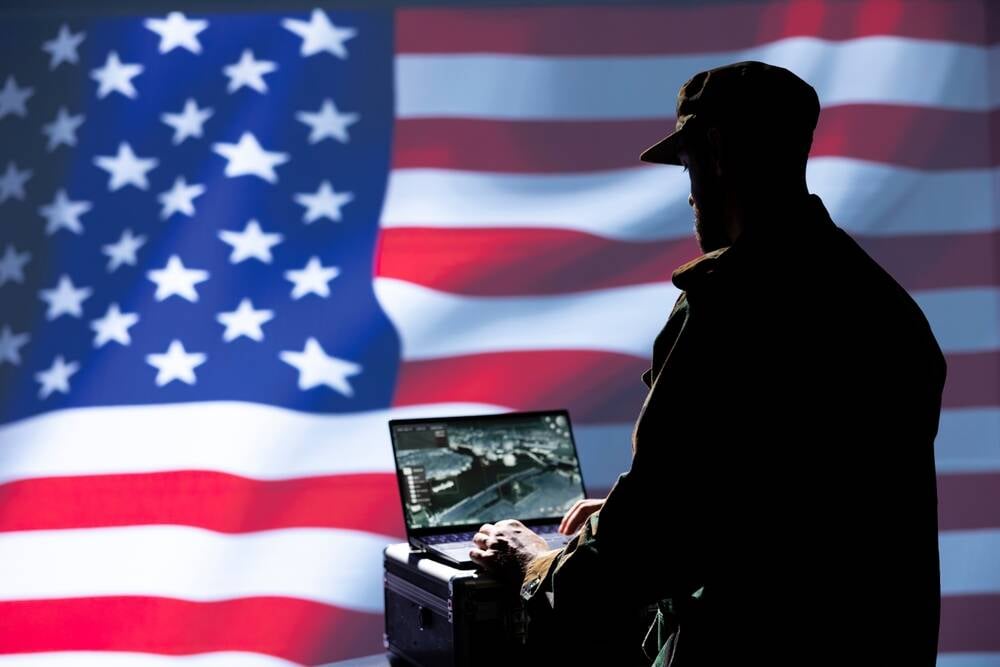
November 21, 2024 at 02:35PM
DARPA’s electronic voting project, CACvote, aims to enhance absentee voting for military personnel abroad, with a cryptographic protocol for securing ballots. Critics argue it’s impractical due to legal and logistical challenges, asserting that internet voting lacks security. VotingWorks defends the project, emphasizing its commitment to maintaining a verifiable paper ballot system.
### Meeting Takeaways
1. **Project Overview**:
– DARPA and VotingWorks are developing an electronic voting system called CACvote aimed at improving absentee voting for U.S. military personnel stationed abroad.
2. **Need for Improvement**:
– Approximately 75% of the 1.3 million active-duty military members are eligible to vote absentee, but participation rates are low (26% in 2022) compared to civilians (42%).
3. **System Components**:
– CACvote includes:
– Voting kiosks at military bases.
– A computer system for receiving ballots.
– A cryptographic protocol for encoding and transmitting ballots.
– A risk-limiting audit (RLA) protocol to ensure election integrity.
4. **MERGE Protocol**:
– The cryptographic and RLA elements are collectively known as MERGE (Matching Electronic Results with Genuine Evidence), designed to provide verification through paper ballots.
5. **Criticism from Researchers**:
– Security experts Andrew Appel and Philip Stark argue that while MERGE has interesting concepts, it is unrealistic due to:
– Legal and institutional hurdles.
– High demands on voters to verify their cryptographic signatures post-voting.
– Security vulnerabilities inherent in internet voting.
6. **Concerns on Implementation**:
– The researchers indicate substantial misalignment with U.S. election laws, asserting that only five states have the necessary infrastructure for the proposed RLA.
– They claim that without robust laws mandating RLAs, CACvote may not be more secure than traditional internet voting, which is deemed unsafe by experts.
7. **Response from VotingWorks**:
– Ben Adida, the executive director of VotingWorks, refutes the criticisms. He emphasizes the importance of paper-based security measures and argues against eliminating them.
– Adida advocates for the need for practical voting alternatives that maintain verifiable paper ballots amidst a trend towards internet voting.
8. **Next Steps**:
– Further discussion and evaluation of the CACvote project are expected, with ongoing debates centered around its security frameworks and practicality for military absentee voting.
### Action Items
– Monitor further feedback on the CACvote project from various stakeholders.
– Assess the legal implications and necessary modifications in state laws to support the implementation of CACvote and MERGE.
– Review security analysis contributions from independent researchers to address concerns raised effectively.